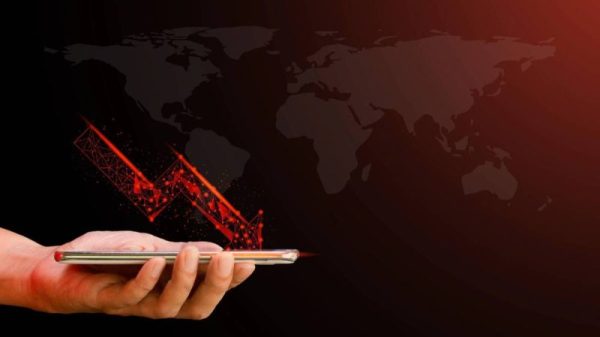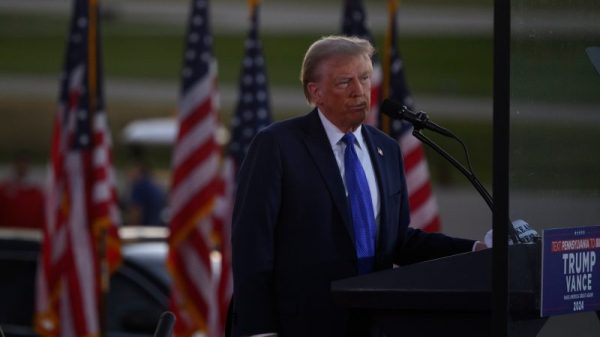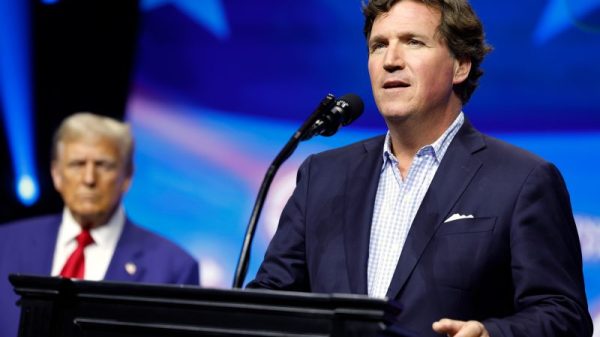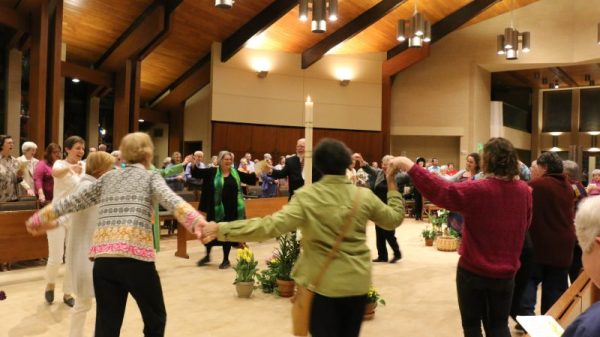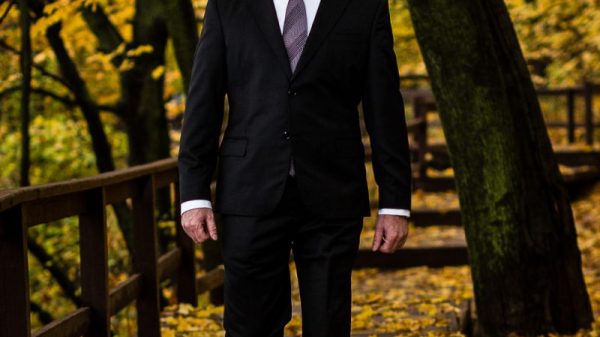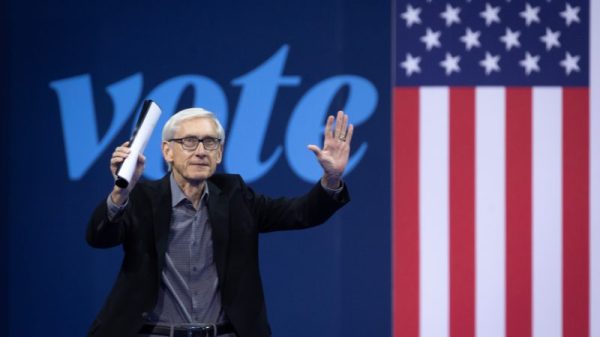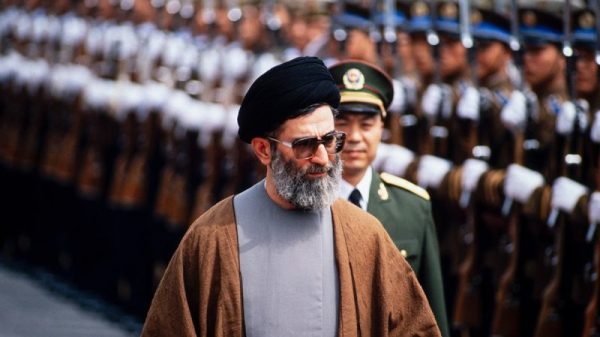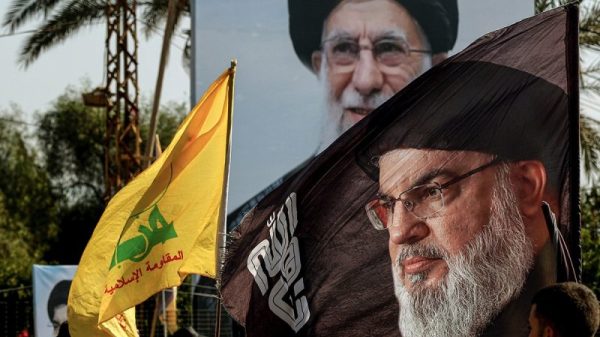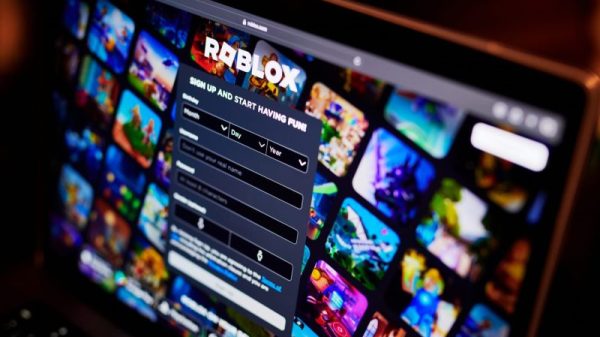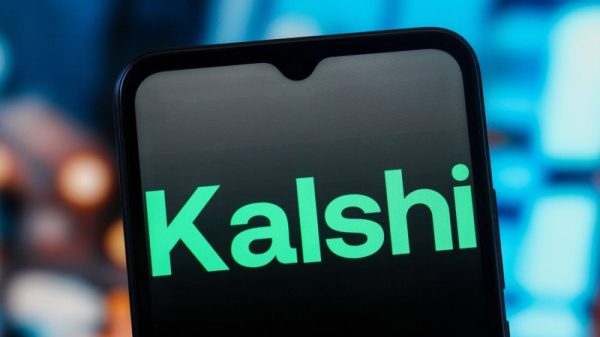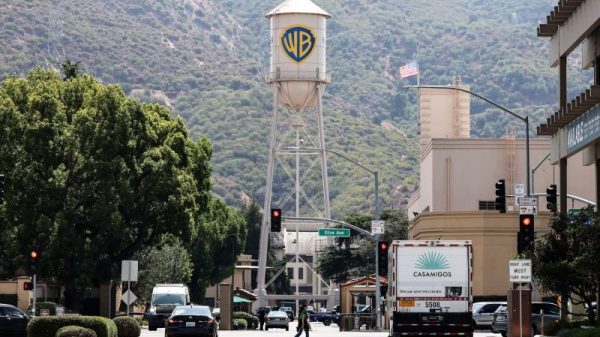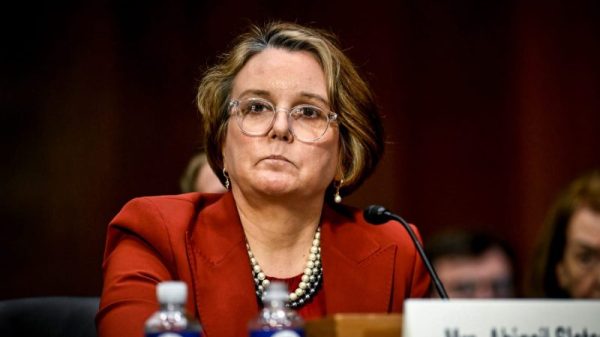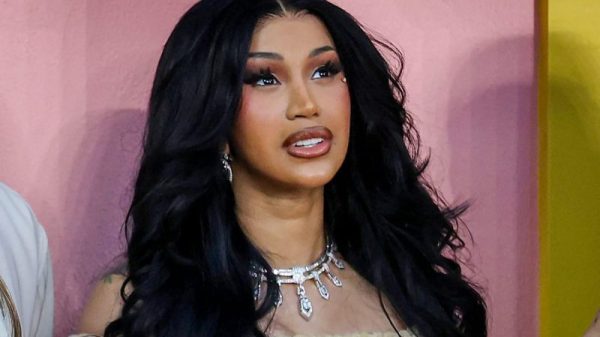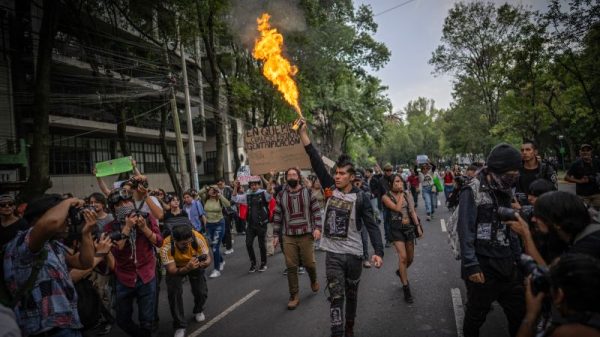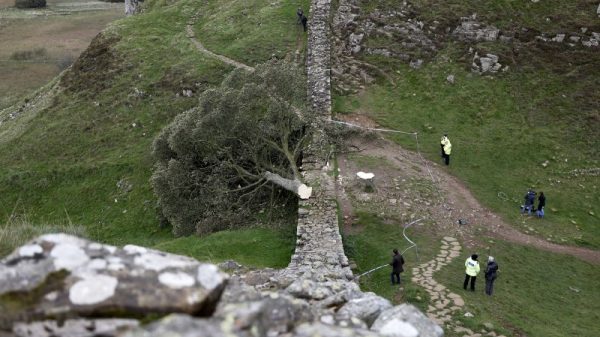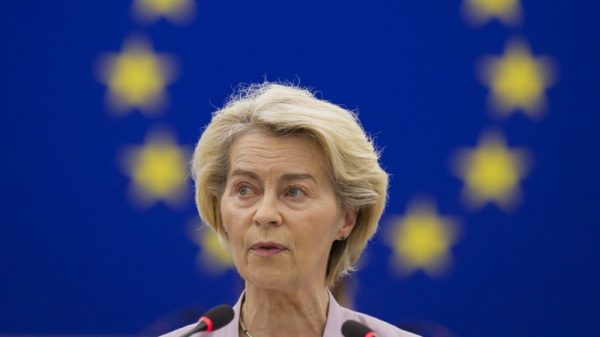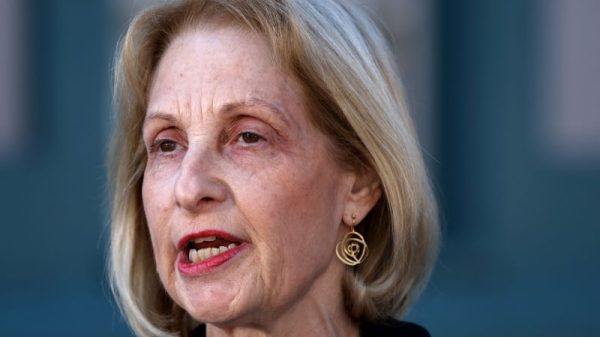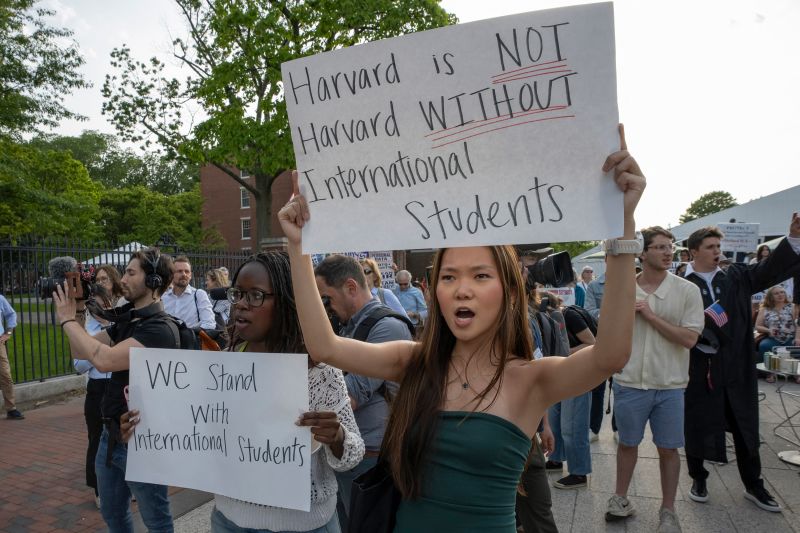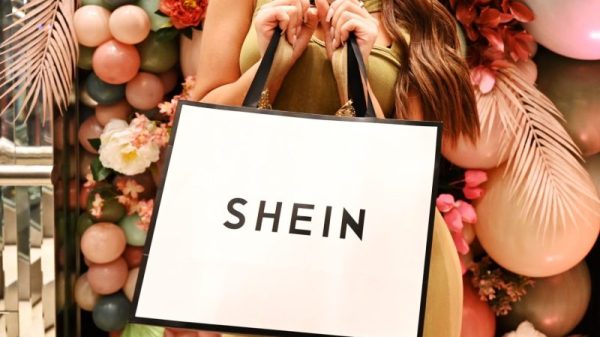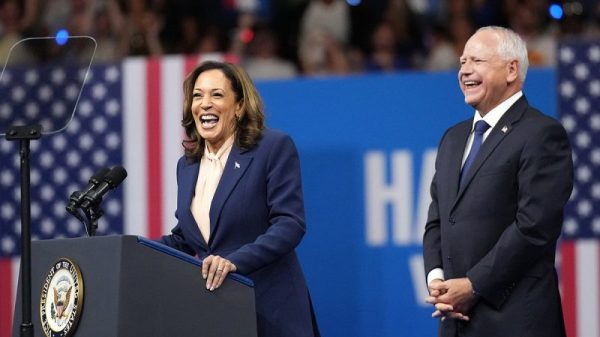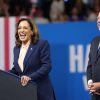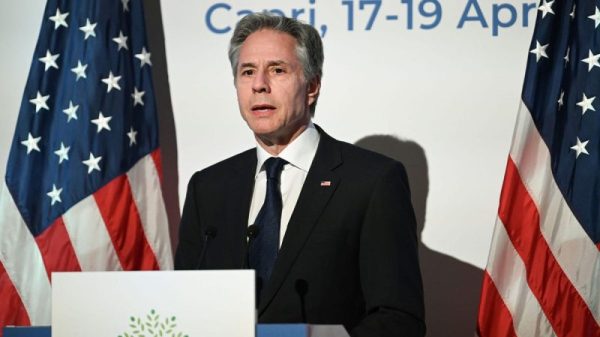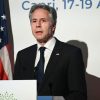The Nigerian journalist has been accepted into Columbia Journalism School for a master’s degree and was on the cusp of applying for her US visa. “I don’t have any backup plan,” the 31-year-old said. “I put all my eggs in one basket – in Columbia… which is quite a risk.” She is due to start her degree in New York in August having already paid a hefty enrolment fee.
Akintade is among thousands of people across the globe who were thrown into limbo on Tuesday when the US State Department instructed its embassies and consulates to pause the scheduling of new student visa interviews as it plans to expand social media vetting for applicants.
It’s the latest in a series of moves by the Trump White House targeting higher education, starting with an ongoing fight with Harvard University and then dramatically expanding in scope.
‘A scary time to study in the US’
“It feels like a really scary and unsettling time for international students studying in the US,” said one Canadian student who has also been accepted by Columbia. “A lot of us chose to study in the US for its freedoms but now knowing that innocent social media posts could cost an education feels like censorship.”
“We were looking at a post from us at Pride, and my caption was simply a rainbow flag and then a trans flag. And I was on the phone with her ‘and I was like, do I have to take this down?’ Eventually we decided no, I could leave it up, but I changed the caption, I removed the trans flag. I don’t know how to feel about that,” the student said.
“I do think it’s real proof that it is a fear campaign that is incredibly successful,” she said, adding that she has deferred her place for this year after getting a job offer. “I changed the caption with the anticipation that it could get worse. Today it is one (issue) and tomorrow it will be another one.”
The State Department has required visa applicants to provide social media identifiers on immigrant and nonimmigrant visa application forms since 2019, a spokesperson said. In addition, it had already called for extra social media vetting of some applicants, largely related to alleged antisemitism. But it’s unclear what kind of post might pose a problem for an application from now on, or how these posts will be scrutinized.
British student Conrad Kunadu said he’d been grappling with an “internal conflict” over his offer to pursue a PhD in Environmental Health at Johns Hopkins University after monitoring the crackdown on US colleges “religiously” for the past few months.
After wondering whether he could manage his anxiety that “something (he) wrote in 2016” could get him deported, Kunadu decided to stay in Britain and study at Oxford University instead. Despite being grateful to have another option, he described his situation as a “lose-lose.”
“I wanted to study in the US not just because, for my interests in health security, it’s where all the talent and resources are, but because it’s the best way to make an impact on these issues at a global scale,” Kunadu said. Like many others, he can’t help but mourn the possible academic research and advances that now may never come to fruition.
Kunadu and another student who requested anonymity both mentioned being anxious about exploring topics in their studies that could be interpreted as dissent and ruffle official feathers.
Kagan described the visa halt as “one of many attacks on higher education and immigrants… two of the Trump administration’s favorite targets,” which in this case overlap. And while the directive is consistent with what the White House was already doing, he sees this as “an unprecedented attack in a non-emergency time.”
When asked whether those who had accepted college offers and were waiting for a visa appointment had any legal avenues available to them, Kagan was not encouraging. “If someone is trying to enter and not yet getting a visa, (that person) usually has nearly no recourse,” he said.
A sense of rejection
In the 2023-34 academic year, more than 1.1 million international students studied at US higher education institutions, according to a report from the the Institute of International Education.
For Nigerian journalist Akintade, who has always dreamed of studying at an Ivy League school, the feeling of rejection by the US is weighing heavily. “This is the message I’m getting: we don’t want you,” she said, with a deep sigh.
Lisa Klaassen, Nimi Princewill and Quinta Thomson contributed to this report





